The Synthetic Age
Outline
Our Innocence
The human race is an infant. Its voratious. Flailing. More than a little messy. And most of all, it’s experiencing everything for the first time.
This is why we are so lost and confused about our place in the world. Earth used to terrorize us at night, destroy what little we had figured out, and send us sprawling. After being torn up time and time again, eventually we figured out how to curl up in a ball, protect against its teeth, and fend off its shoves. It wasn’t long before we succeeded at capturing it, tying it down, and boxing it up. (To be honest, now that it’s yoked, it looks way cuter.) We still think of ourselves as the feeble one and earth as the powerful one. But somewhere along the way the roles reversed. Now we are the ones sending earth tumbling.
We made plenty of mistakes. (We didn’t known better.) The thing is, now we DO know better. We didn’t do anything to earn it. We grew up. That’s all. We simply can’t keep pretending that nature has nothing to do with us or that it will be fine taking care of itself. It’s not our fault that now we have to face the inconvenient truth. We have to write the rules because now we have the power to write them. We simply came of age, and now its our turn.
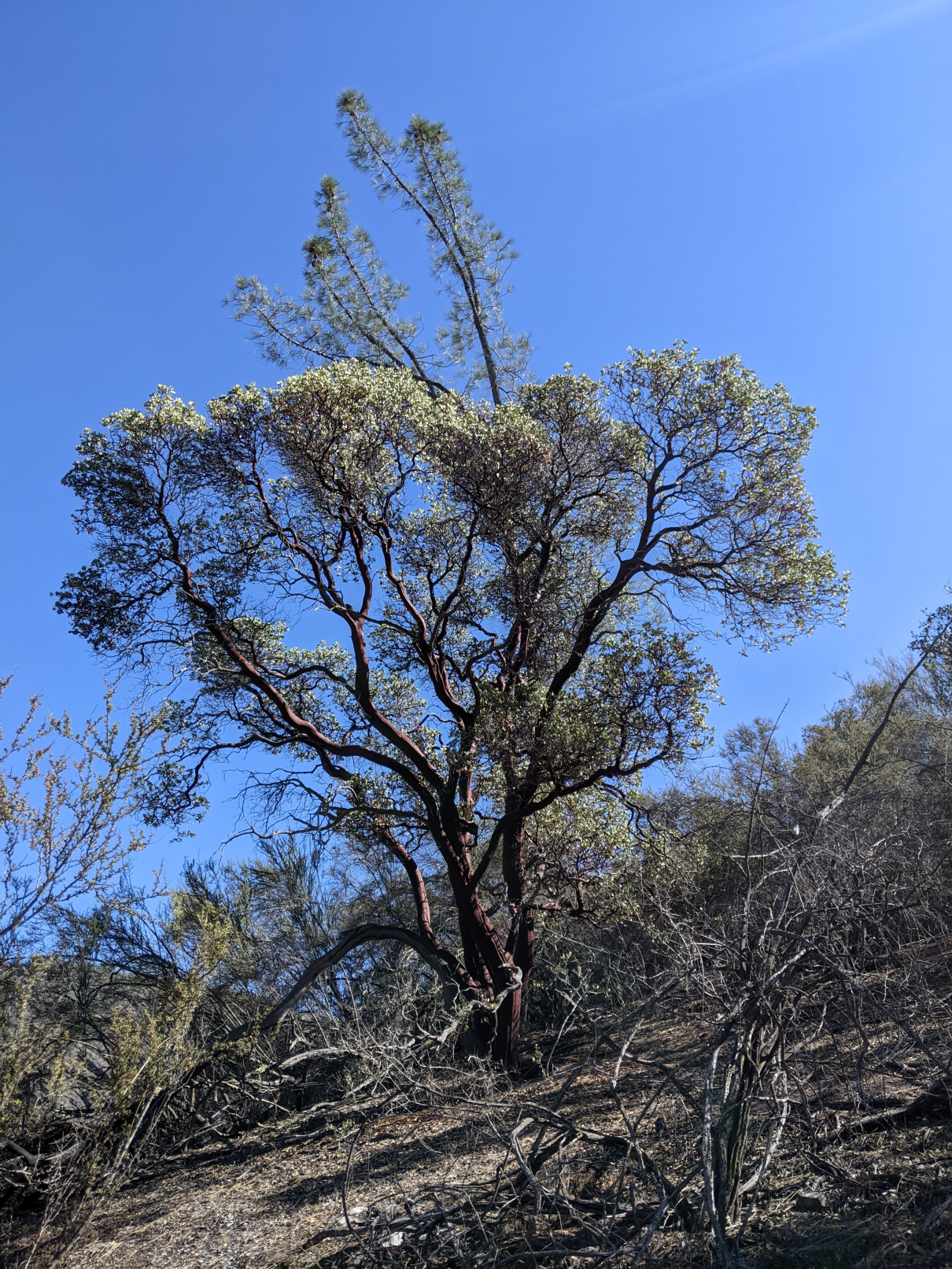
Burgeoning.
Our Power, Our Responsibility
You’ll hear a lot of people saying that we “just have to turn nature lose again and it will be return to how it should be.” But we can’t. Not like we physically can’t or that nature can’t recover, but that it’s too late and the the game has already changed. Pretending that we don’t have the power to control things, that we don’t have the responsibility to participate is an artifact from before we had power. We can’t go back because we can’t undo the ability to control things. Pretending we don’t and refusing to use it, is wrong.
This is in some sense the death of nature. Nature used to mean “that which we could not control.” That which was independant of us. Now the first is false and the second is our choice. We can grant nature independance, but it can no longer do so of its own accord, without our go-ahead. Because we CAN harness nature. Because we CAN steer the world. It has nothing to do with how much we distrupted ecosystems. Even if we had kept everything smoothly flowing: We are responsible because we hold the power to change things. We woke up to a new world where we are holding the wheel and have no idea where we are going.
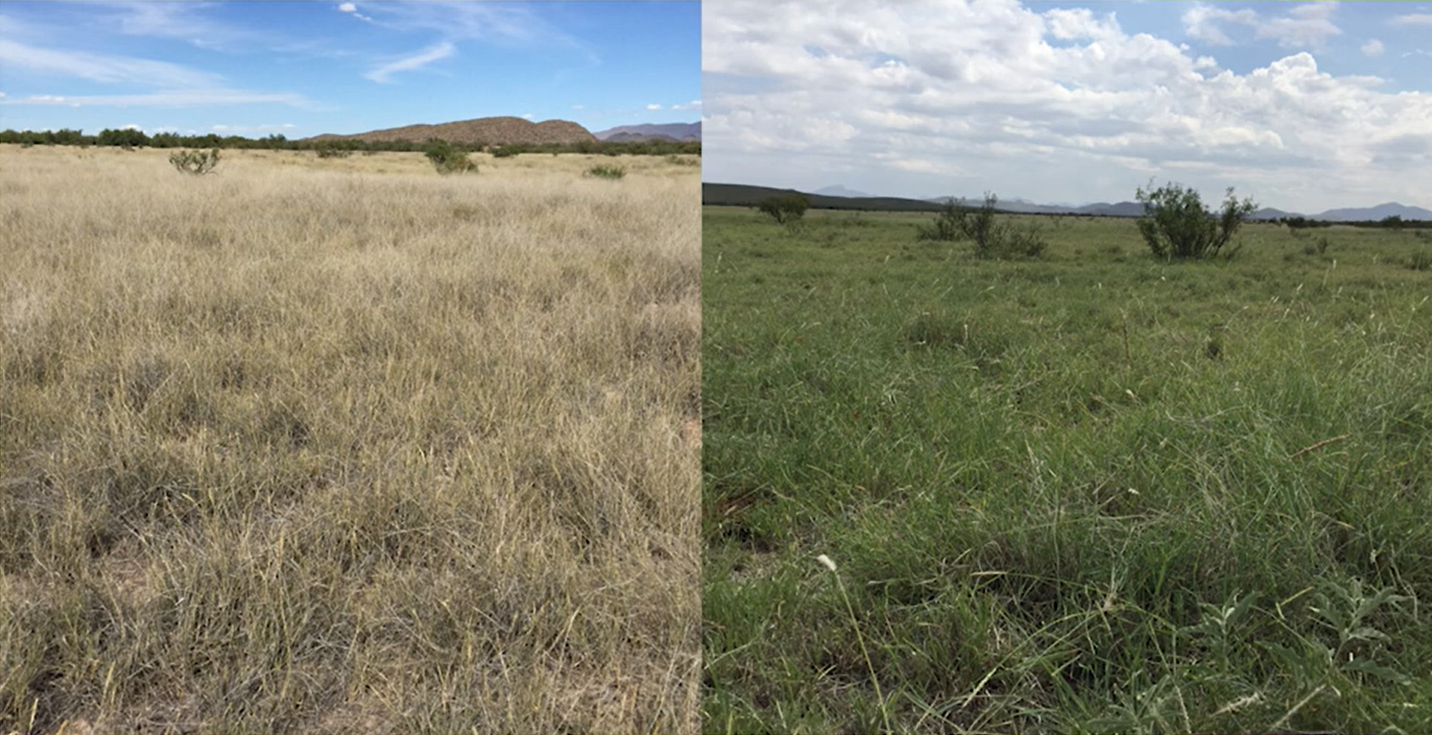
This is up to us now.
Our Role
It is embarassing that we still go around saying “Nature knows best!” Because it is better than us frighteningly often. This is plea for us to step into our natural role. We are thinkers, builders, planners, and far-seeing. (Caveat: perhaps not as far seeing compared to the systems that have developed over eons.)
We feel, we intuit, we care, we nourish. These are things we must encourage in ourselves and practice in our lives. We plant seeds, we cultivate, we govern, we manipulate, we discern. This is our strength. We foretell. Our nature is to intervene, to play, to tend. It is good that we do so. It is good that we fashion, we foster, we steer. We shape the world unlike any other creature. And we shape it intentionally for the benefit of all, unlike any other creature. The world, and our role in it, is resplendent.
Looking on it as ownership is incorrect. In part because other things in the world deserve respect of their own agency and way of being. People who live on the land have some of the best conceptualizations of it: We are wild-tenders. We are responsible for it. We owe it, and it owes us. It is a relationship. A cycle. A reciprocation.
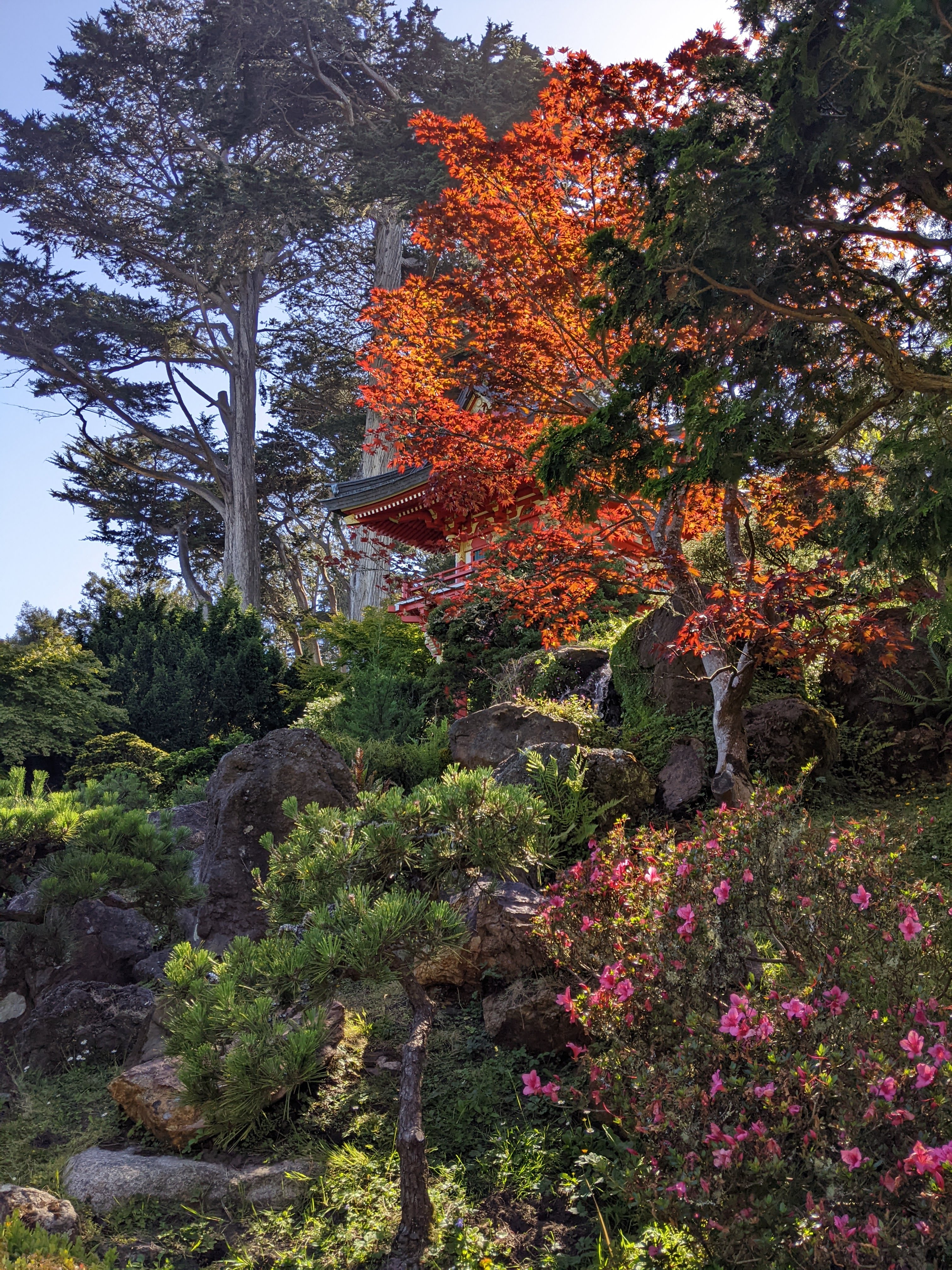
A part of syntropy.
The Point of No Return
The book “The Synthetic Age: Outdesigning Evolution, Resurrecting Species, and Reengineering Our World” is about our transition, our coming-of-age. Its a eulogy to our lost innocence, a breathless description of the sweep of our future, and a heavy warning about this point-of-no-return. We will be capable of so much. We are only getting started on our astonishing penitude of capabilities. Our path is just beginning. Once we can do things, we must do them benevolently. Once we can help, we must help. Once we can save the world, we must save it.
We are at a turning point, if that hasn’t been made abundantly clear. And the choices we make may permanently wall off options forever. One of those things is preserving nature which is the most wild. Wild as in independant. Wild as in pristine. Wild as in non-human, untrammeled, pure, self-willed, uninfluenced, and untamed. This is our Last Chance. Now that we have discovered how far our powers have extended and how much we have changed unintentionally. This is our last chance to wall off a piece of the world and say: never will we degrade this further, never will we make this more human, never will we affect this to the best of our abilities.1
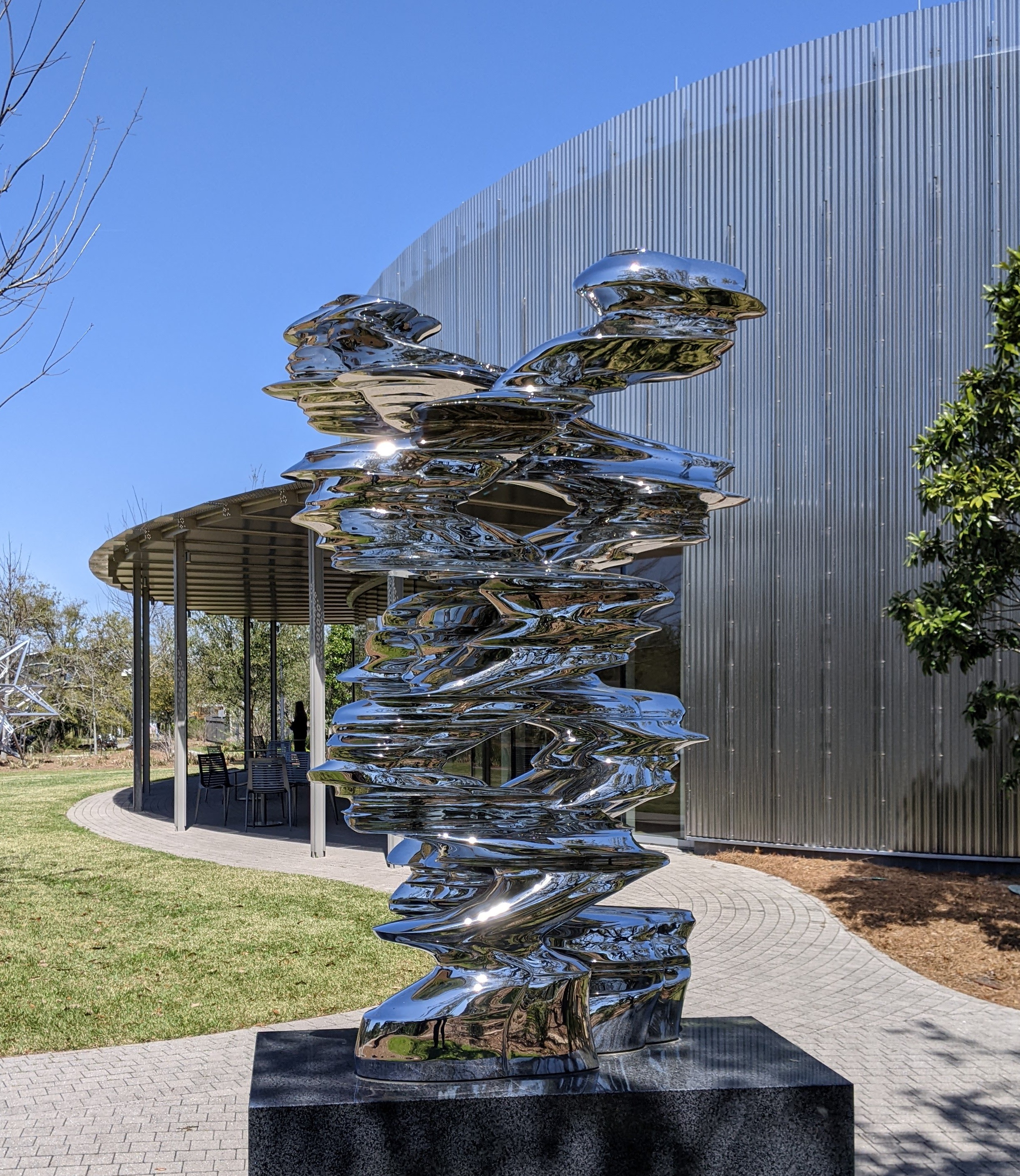
What do we make of things.
Of course the “walling off” will have an impact as much as “reaching in and dabbling.” This will be wrong for many ethical systems and circumstances. But maybe we should do it anyway. The most important part will be swearing that even in some of the worst case scenarios we will not interfere. If that piece of wilderness is contaminated by invasive species, we will let it. If that piece of nature starts to go barren and lifeless, we will let it. If that land turns frighteningly feral, diseased, and becomes a danger to everyone, we will let it. And if it becomes a cycle of horrific suffering, starvation, and parasites, we will let it.
After all, saying that we will keep a piece of nature “natural” only as long as it fits our human desires is the same as not committing to it at all. If we can’t do that, then we might as well not try. We might as well not preserve anywhere as natural and intervene everywhere. Because we will definitely intervene in our homes, our neighborhoods, our cities, our lines of production. We have developed the technology to manipulate the world to to serve our needs. And quickly thereafter, our whims. We reroute rivers for fun, zip across oceans when the mood strikes, draw power from the depths, transmit our ideas between centuries, dabble in melodies that obsess us for days. There are so many types of games we play. We’ve solved most of our problems, and we will shape world into the best one we can imagine.
We are clumsy, gawking, infants. Barely able to fathom what we will eventually become. Now that we found ourselves in control, its time to resolve what we ought to do with it.
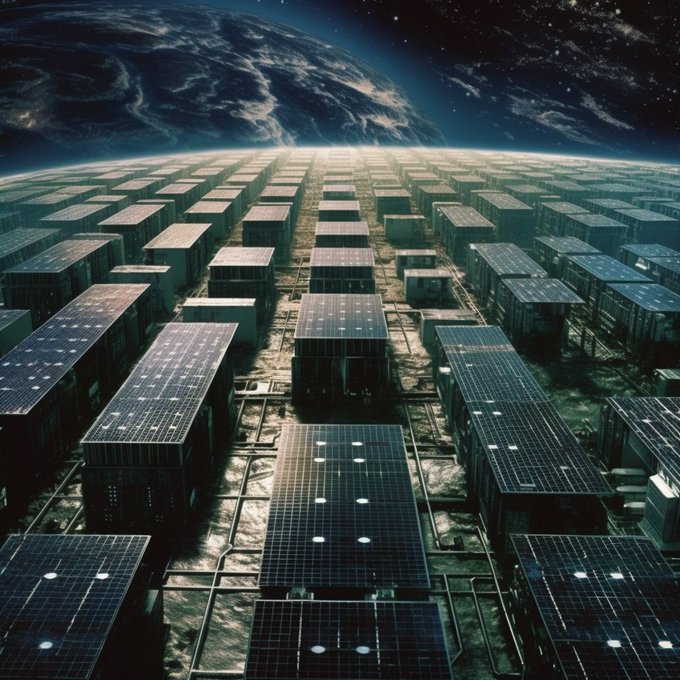
This looks inspiring and seems like a bad idea.
- There are some million year old unbreached lakes beneath the ice we deliberately leave uncontaminated. [return]